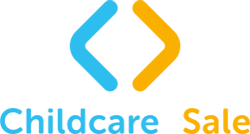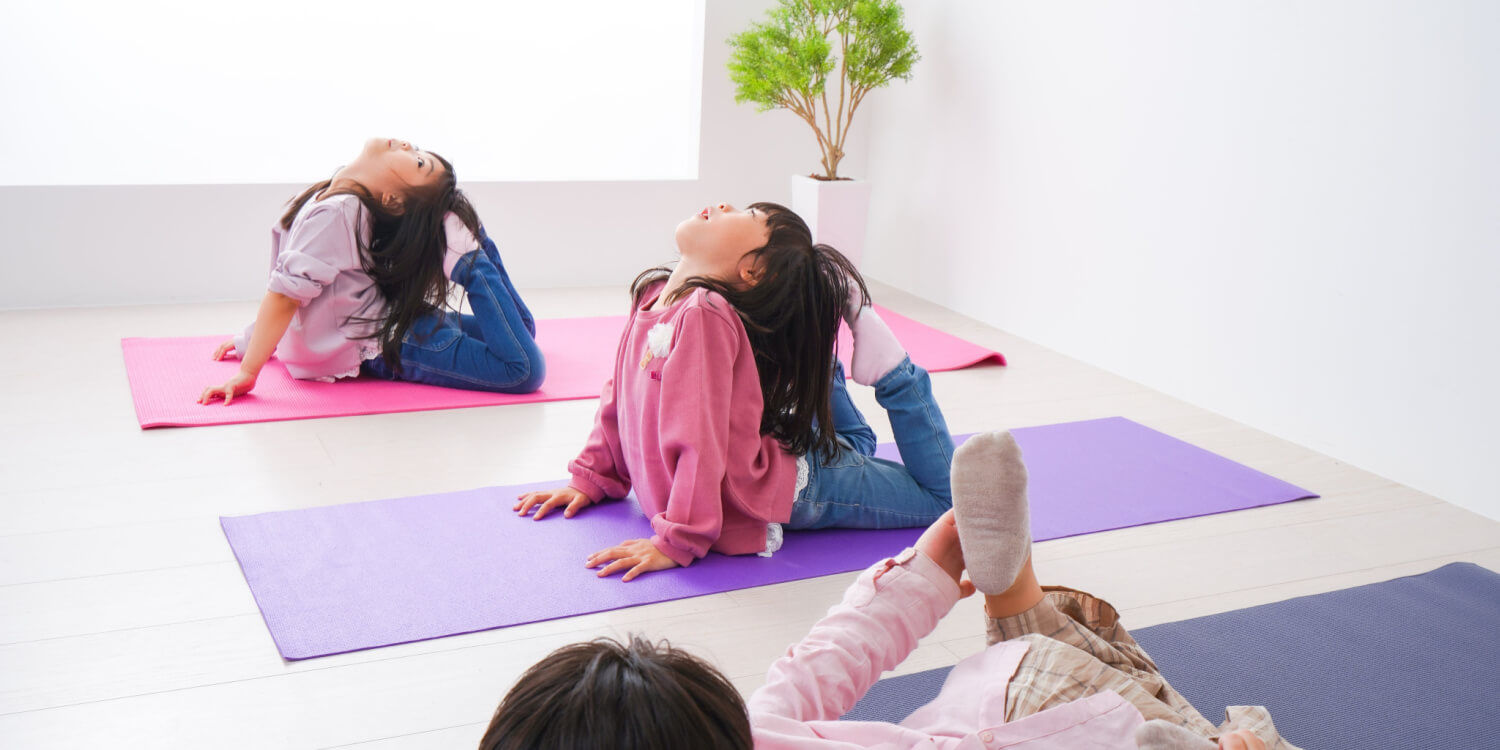Difficult behaviour is a conversation all educators are having right now. It turns out ‘downward dog’ is one tool we can use to help our youngest people with behavioural challenges.
Lincoln Bridge Tweet
Inattention, hyperactive behaviours, poor hand-eye coordination and low cognitive performance are high on the list of concerns for educators and parents.
On top of that, levels of stress and anxiety in children are higher than ever recorded, showing up as a range of disruptive, difficult behaviours.
In particular, these include anger, frustration, withdrawal, hyperactivity, anxiety, learning difficulties, inattention, Attention Deficit Disorder, and Oppositional Defiant Disorder.
For educators, dealing with these behaviours on a daily basis is demanding and draining, particularly for new staff or those who struggle to deal with behavioural challenges.
While the reasons behind these behaviours can be vast – including trauma, the pace of life, stress in the home, lack of sleep, poor diet and overstimulation – one of the solutions may lie in a practice as simple as yoga.
A 12-week study of 45 children aged five, published in Frontier Psychology, showed that a fun yoga program tailored to pre-school-aged students was highly beneficial in curbing oppositional behaviours and emotionally-fuelled responses.
In fact, out of all the daily activities the children participated in, yoga had the most impact on calming hyperactivity and helping the children’s emotional self-control. The results also showed an increase in visual-motor skills and academic ability compared to the control group.
However, plenty of childcare centres didn’t need a study to prove how beneficial yoga is for children in care.
More and more childcare centres are embracing holistic yoga programs into their curriculum. They’ve noticed substantial changes in behaviour; children learning to breathe before responding in anger, learning to monitor and self-regulate their own behaviour, and being more in touch with their emotions.
In this blog:
How does kindergarten yoga work?
Far from the dead-quiet yoga classes you might think of, yoga for pre-schoolers is play-based and entertaining. It can include games, story-telling, props, singing, imagination and of course, music.
Even with the element of fun, holistic yoga still gives children space to focus and engage in slow movement, deep breathing and full-body relaxation.
The benefit of introducing yoga at a young age has long-term results, too. Yoga has been shown to alter neural pathways in the brain, which strengthen over time. If yoga is practised consistently, these neural changes strengthen and create new behaviours, which can lead to improved long-term results.
It also calms the autonomic nervous system, helping children move out of the ‘fight or flight’ mode activated by chronic anxiety.
In a nutshell, yoga is an antidote to the stress modern children face because it:
1. Increases exercise, flexibility and mind-body connection
Yoga is non-competitive, which means there are no winners, losers or hurt feelings. Children can engage and progress at their own pace. It’s also a way for children to learn more about how their body works, and identify their emotions.
2. Improves mood
Above all, yoga is fun, with plenty of giggles and laughter from everyone. The technique of breathwork, the physical activity and the focus to maintain poses is a proven mood enhancer.
3. Increases confidence and self-awareness
Typically, a yoga session will include ‘belly breathing’ breathwork, which gives children a chance to be introspective and focus on their own body, including regulating out-of-control emotions. Mastering the poses and interacting with peers creates self-esteem and confidence.
4. Builds concentration
Concentration is a learnt skill. In yoga, children are taught to focus their gaze on one spot so they don’t fall over. As children practice focusing – especially while holding a pose as still as they can – their brains are being trained in the skill of concentration, which will benefit them for the rest of their lives.
Introducing yoga into a childcare centre
You can start by having a professional yoga instructor visit your centre regularly, but yoga is something all staff can be trained to facilitate.
As children today continue to struggle with challenging behaviours, overwhelming emotions and daily stressors, yoga is a simple, cost-effective part of the solution.
The mind-body awareness children achieve with yoga is in line with the childcare sector’s goal of improving children’s social and emotional well-being, while being fun and enjoyable for children up to five years old. The skills they can learn by engaging in yoga consistently can benefit our young people for the rest of their lives.
Selling A Childcare Centre
If you’d like to book an appraisal, you’re welcome to contact Lincoln directly on 0424 370 025, or Andrew Urquhart on 0408 439 762.
You can also register your interest as a seller for more information about the sale process, appraisals, and your profit potential.






